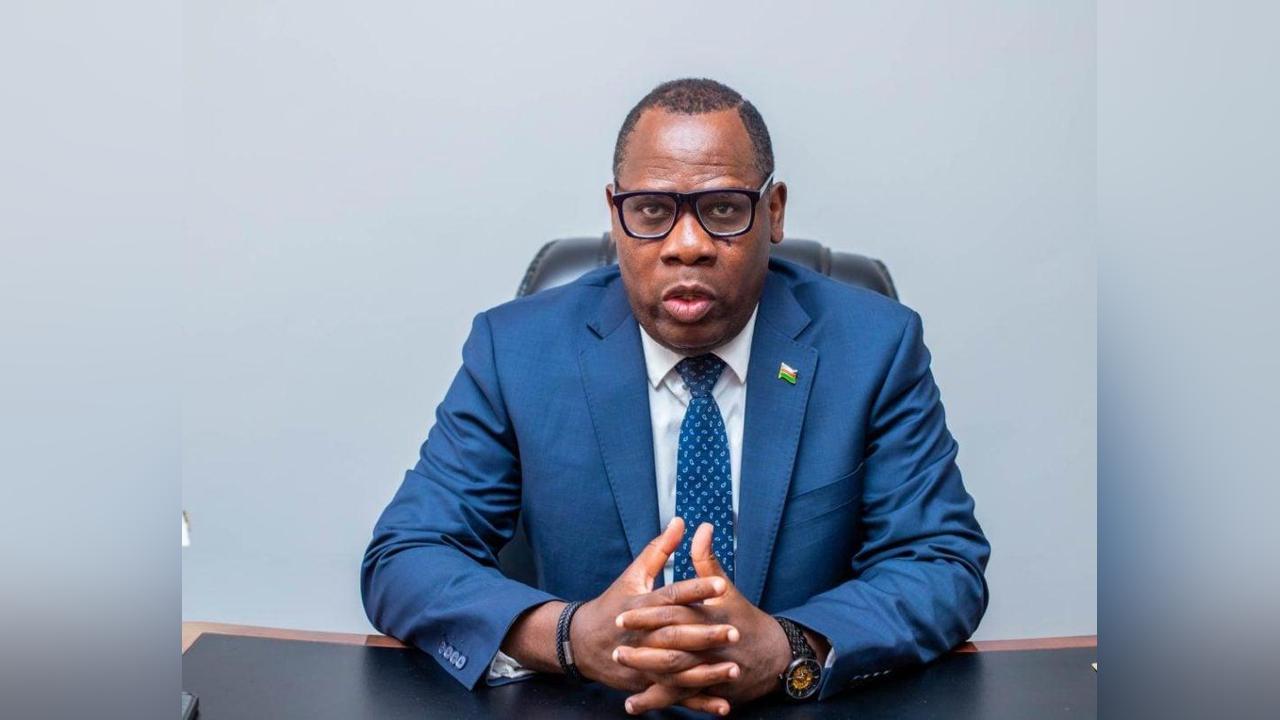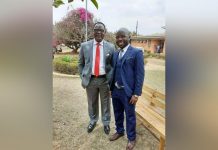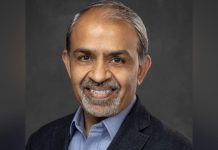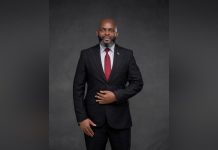Africa-Press – Malawi. Lilongwe is tonight set to host a powerful and potentially transformative public lecture that challenges society to rethink how it treats people of diverse sexual orientations.
Organised by the Centre for the Development of People (CEDEP) and the Angaza Foundation, the lecture—under the theme “Building Inclusive Public Services through Understanding of Sexual Orientation and Diversity”—takes place at EdgeWater Court in Lilongwe from 5:30pm.
At a time when issues of sexual orientation remain taboo in many Malawian spaces, this dialogue is not just another academic event; it is an urgent call for empathy, understanding, and inclusion in how public services are delivered.
Why It Matters
CEDEP executive director Gift Trapence says the lecture seeks to unpack the science, humanity, and public relevance of sexual diversity—beyond prejudice and fear.
“LGBTQI+ individuals in Malawi often face stigma and discrimination across public services,” Trapence said. “That stigma limits their participation and access. By promoting empathy, inclusive language, and informed dialogue, we can make hospitals, schools, and workplaces safer and more welcoming for everyone.”
He added that the session aims to align public service delivery with Malawi’s human rights and equity principles. “When people feel respected, they are more likely to access healthcare, education, and justice. This is about building a fairer society for all Malawians.”
Science Meets Society
The keynote address, titled “The Science of Sexual Diversity,” will be delivered by Dr. Chisale Mhango, alongside a distinguished panel featuring Professor Frank Taulo, Malawi Human Rights Commission executive secretary Habiba Osman, and Reverend Vincent Chirwa.
Professor Taulo said the lecture will help demystify the subject by drawing from medical and scientific evidence.
“We want to show that sexual diversity is not a social scandal—it is a human and biological reality,” he said. “If communities understand this, they will judge less and support more. And those affected will no longer fear hospitals or public offices.”
He stressed that the goal is not to promote a lifestyle but to promote understanding—to help Malawians live together in harmony despite differences.
A Step Toward a Kinder Malawi
This conversation arrives at a crucial time, when Malawi continues to debate how to balance tradition, faith, and human rights. Organisers believe that silence only fuels ignorance and stigma, while honest discussion opens the door to compassion and progress.
The event, free and open to the public, is a space where science, faith, and human experience meet—a space that asks Malawi to look at its neighbours not with suspicion, but with respect.
Because building an inclusive nation begins not in courtrooms or parliaments—but in conversations like these.
For More News And Analysis About Malawi Follow Africa-Press






